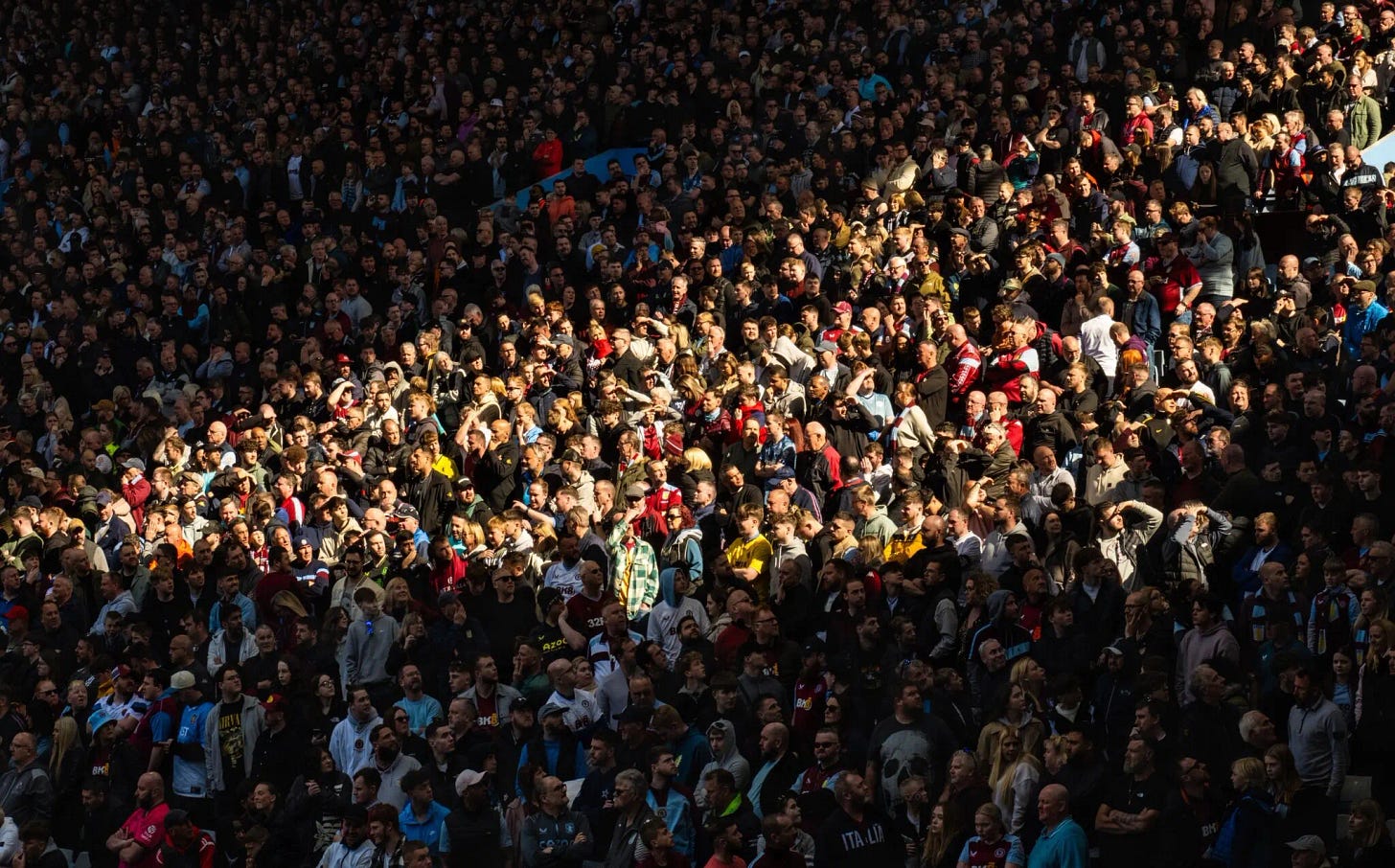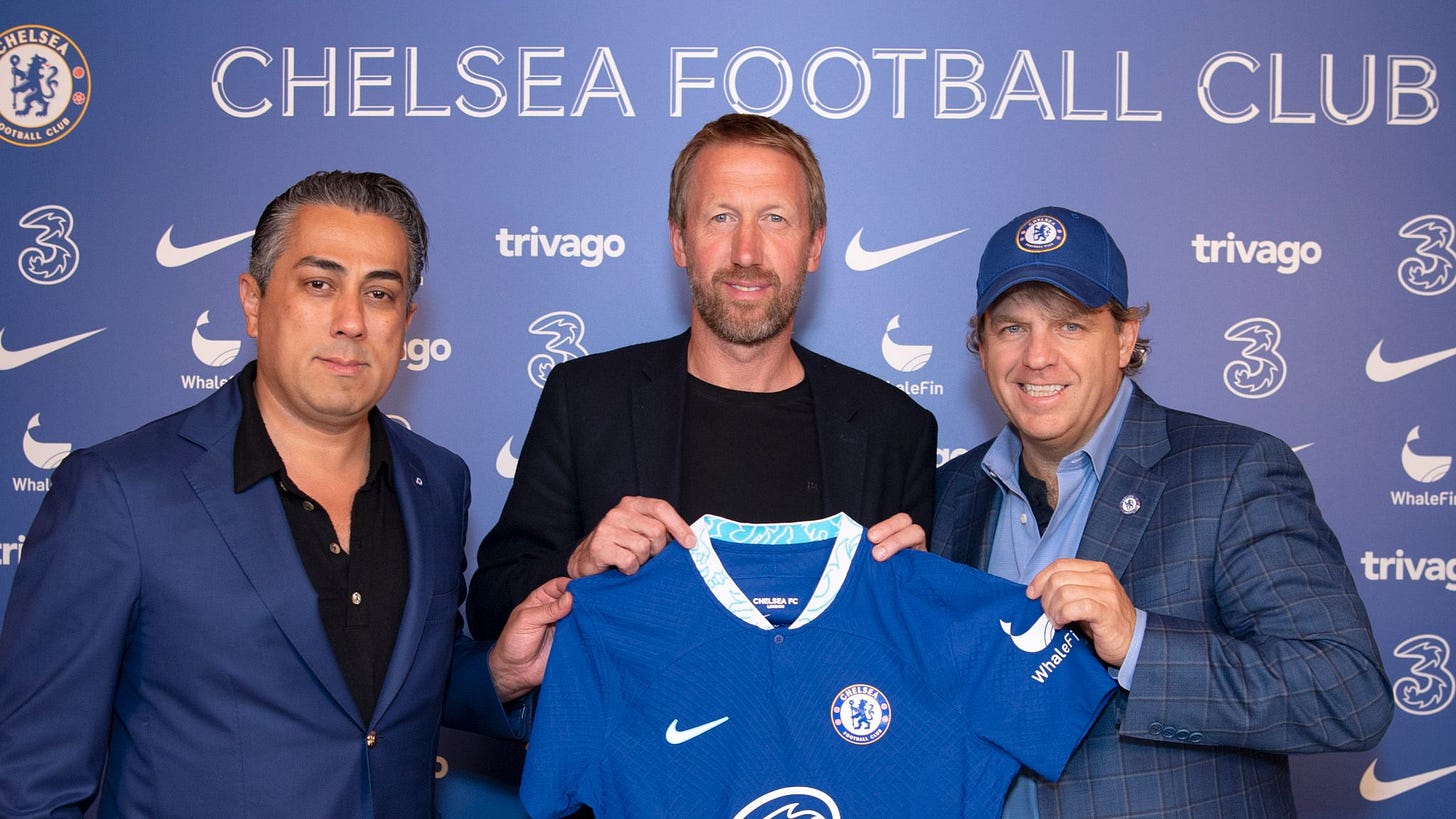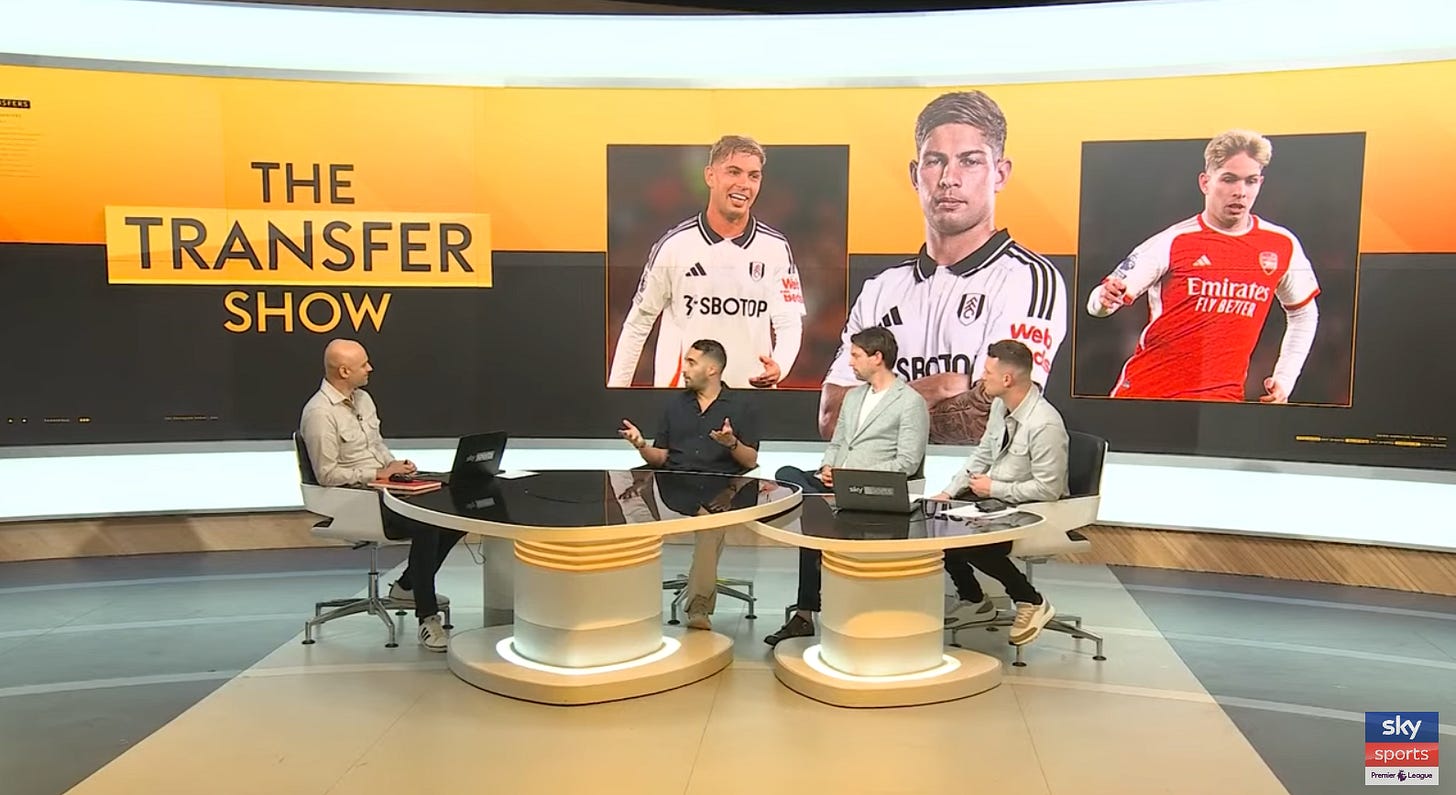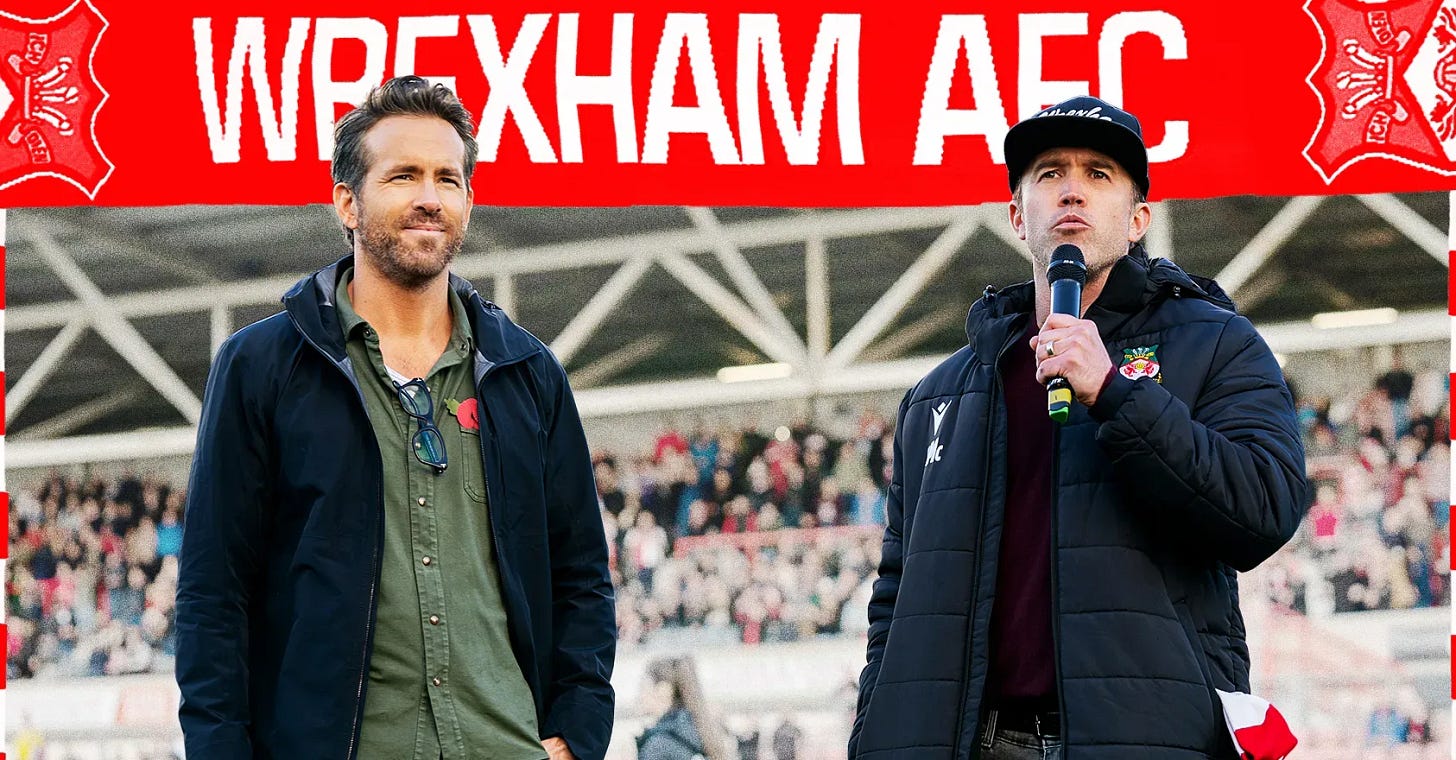The Myth Of The Wrexham Model
Everyone’s trying to be Wrexham. But copying the story is not the same as building one.
I had a call last week with a major American private equity firm. They are looking to invest in football and reached out to me for advice.
“We want to do a Wrexham,” they said.
It is a phrase I keep hearing. A kind of shorthand for turning a lower-league club into a global media property. And I understand the appeal. The Wrexham story is brilliant. A historic Welsh club bought for £2 million in 2021 is now reportedly worth around £100 million. The documentary is a hit. The stadium is bouncing. The story has travelled from north Wales to LA boardrooms and everywhere in between.
But here is the thing.
Wrexham is not a model. It is a myth.
A beautiful one, no doubt. But still a myth.
And the sooner we stop treating it as a roadmap, the better decisions we will make.
The Wrexham Effect
Wrexham captured a rare mix of timing, talent and truth. Two Hollywood stars. One underdog club. A cocktail of humour, heart and hard graft.
They did not just raise the club’s visibility. They reframed its identity.
Since then, I have seen investors, operators and marketers scanning the football landscape with fresh eyes. Everyone wants to turn a club into a brand. Agencies are being briefed like they are launching a new label. Clubs are rebranding themselves as media companies.
But this is where the first misstep usually happens.

The Misread
Most clubs are not Wrexham. They do not have Ryan Reynolds’ charm, Rob McElhenney’s storytelling instincts or a pre-built global fanbase ready to follow every post.
And even for them, it has not been effortless.
Reynolds is reportedly paid £20 to £40 million per film. In the time he has spent flying to Wrexham, leading from the front, speaking in dressing rooms, fronting press and entertaining famous friends at matches, he could have made another blockbuster or two and earned significantly more. But this project was never just about the money. It has been full-on, time-consuming and personal. This is not just ownership. It is participation.
Sure, the club is worth more now. But Ryan and Rob didn’t just invest money. They invested time, personality, and a story people could believe in.
The real takeaway? Celebrity does not scale. Authenticity does.
And being a “media company” is not about content volume. It is about cultural relevance, clear storytelling and strategic distribution. The kind of things most clubs are not set up to handle, and many investors underestimate.

Find Your Own Lane
Wrexham worked because they leaned into what was true. A small club, in a small town, with a massive heart.
What is true for you?
Not every club needs a documentary. Some are built on generational loyalty. Others are social hubs, talent pipelines or community lifelines. Some should lean into local identity. Others can tap into broader cultural trends like fashion, music, tourism or politics.
You do not need a trend. You need a truth.
That is the conversation more clubs and investors need to have before chasing visibility or content. The most interesting projects I have been part of all start in the same place: with clarity. What do you stand for? Who do you serve? And why do you matter?
You do not need cameras to be relevant.
You need to know who you are.

The Real Opportunity
Football is entering a new era. One where clubs are not just teams, but cultural platforms. The ones that will thrive are those who truly understand their audience, their identity and their role in the wider ecosystem, both on and off the pitch.
And for those who get it, the upside is huge. Visibility, community, commercial value. All of it flows more naturally when it starts from a place of purpose.
Wrexham showed us what is possible when story, strategy and soul align.
But not everyone wants to be Wrexham.
And that is not a limitation. It is the opportunity.
If you are exploring investment in football, shaping a club’s brand or building a long-term strategy around culture and commercial growth, I am always open to the right conversations.
This space is evolving quickly. The upside is real. But getting it right takes more than optimism. It takes insight, relevance and a clear point of view.

Thanks for reading GAMEPLAYER.
Through CAOS, GAFFER, and over 100 football contracts, transfers, brand deals, and equity-driven partnerships, I’ve seen power shift from clubs to investors, brands to athletes, and legacy to culture.
I break down what matters. Private equity takeovers, athlete-led media, billion-dollar sports IP, and the future of merchandising and streaming.
This isn’t just commentary. It’s about who’s making the real moves and what’s coming next.




"The real takeaway? Celebrity does not scale. Authenticity does." This. #Preach
Investors also need to look at how other clubs are performing under new owners rather than focus on a potential outlier.